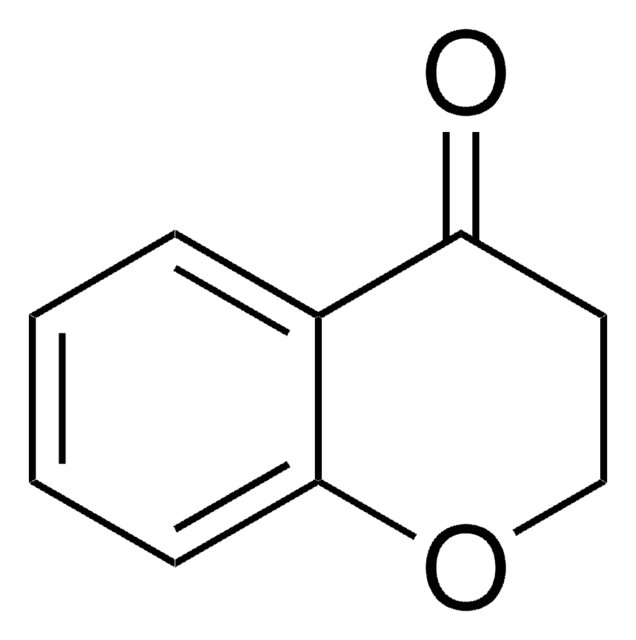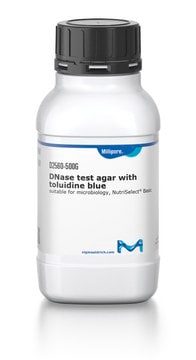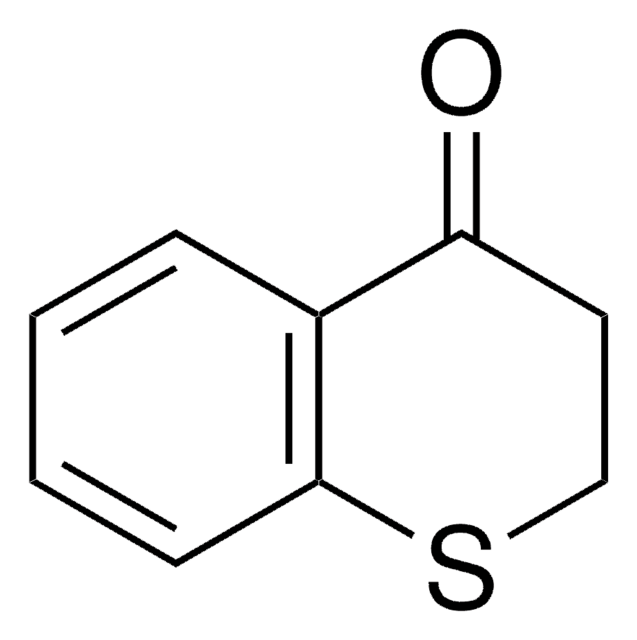198161
Toluidine Blue O
certified by the Biological Stain Commission
Synonym(s):
Basic Blue 17, Blutene chloride, Methylene Blue T50 or T extra, Tolonium chloride
About This Item
Recommended Products
grade
certified by the Biological Stain Commission
Quality Level
form
powder
composition
Dye content, 80%
color
dark green
λmax
626 nm
ε (extinction coefficient)
≥13000 at 241-247 nm in H2O
≥28000 at 287-293 nm in H2O
≥40000 at 625-635 nm in H2O
application(s)
diagnostic assay manufacturing
hematology
histology
storage temp.
room temp
SMILES string
[Cl-].Cc1cc2N=C3C=CC(\C=C3Sc2cc1N)=[N+](\C)C
InChI
1S/C15H15N3S.ClH/c1-9-6-13-15(8-11(9)16)19-14-7-10(18(2)3)4-5-12(14)17-13;/h4-8,16H,1-3H3;1H
InChI key
GEDVVYWLPUPJJZ-UHFFFAOYSA-N
Looking for similar products? Visit Product Comparison Guide
General description
Application
Biochem/physiol Actions
Suitability
Storage Class Code
11 - Combustible Solids
WGK
WGK 3
Flash Point(F)
Not applicable
Flash Point(C)
Not applicable
Personal Protective Equipment
Regulatory Listings
Regulatory Listings are mainly provided for chemical products. Only limited information can be provided here for non-chemical products. No entry means none of the components are listed. It is the user’s obligation to ensure the safe and legal use of the product.
JAN Code
198161-VAR:
198161-25KG:
198161-10G:
198161-25G:
198161-BULK:
198161-5G:
Choose from one of the most recent versions:
Already Own This Product?
Find documentation for the products that you have recently purchased in the Document Library.
Customers Also Viewed
Our team of scientists has experience in all areas of research including Life Science, Material Science, Chemical Synthesis, Chromatography, Analytical and many others.
Contact Technical Service










